Honey is a sweet product obtained from the nectar of flowers and other sweet natural liquids brought to bee honeycomb cells and processed by the bees. They produce 3 types: honeydew, nectar and mixed.
Honey contains carbohydrates, water, mineral salts, enzymes, vitamins, essential and resinous substances. Carbs predominate in honey's composition, of which fructose and glucose are in larger quantities. Since they are simple sugars they are easily absorbed by the body, without needing to be broken down.
How should we consume honey?
Honey shouldn't be eaten directly by the spoonful, since it causes stomach irritation, especially in children. It's recommended to eat it spread on toast with butter or drink it dissolved in water or milk.
It's best to eat honey 1-2 hours before or 3 hours after a meal. Milk and honey are food products that complement each other perfectly. In Switzerland they've used milk and honey to cure kids suffering from anemia and nervous system disorders.
It's been found that kids fed with this combination had their hemoglobin increase by 25%, in comparison to kids who were given milk sweetened with sugar.
The combination is also recommended for elderly people, since they are at risk of sclerosis. Honey is recommended for smokers as well, in order to reduce nicotinization of the lungs and throat.
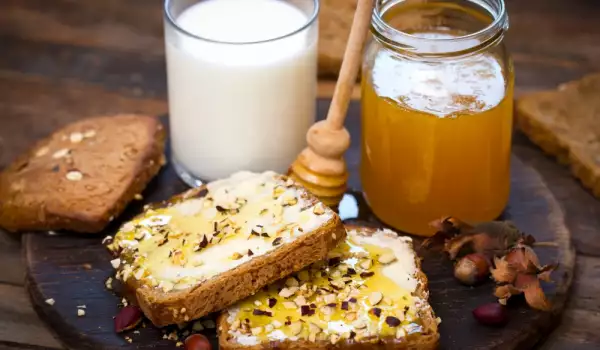
It's also advised to consume honey for exhaustion, to increase appetite, tone, strengthen the body, for anemia and more.
Honey is used for a number of illnesses - especially in combination with medicinal herbs. For example, the combo of honey and onions is remarkably suitable for treating bronchitis and cough.
Honey and yarrow are effective in increasing appetite, improving metabolism and treating liver diseases.
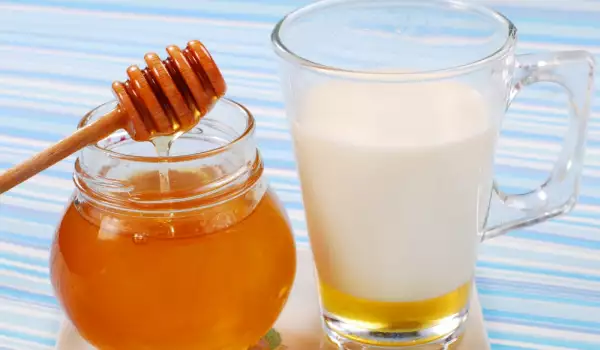
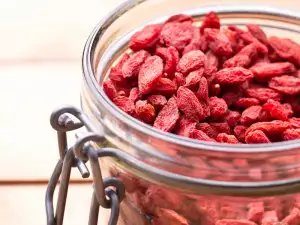
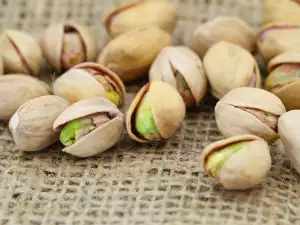



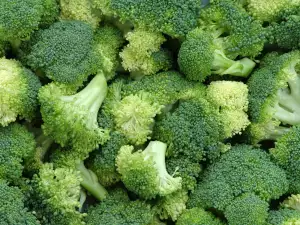
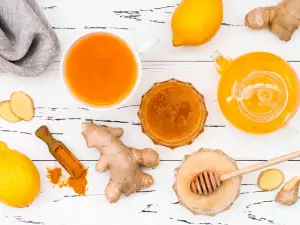




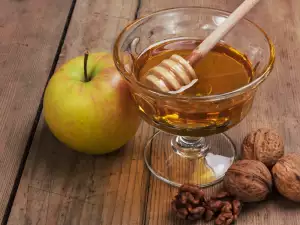
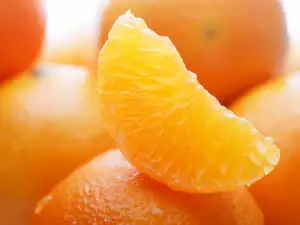
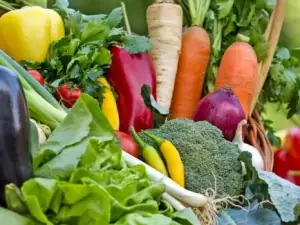





Comments